Orthodontic treatment is a process that involves the use of braces or other appliances to correct misaligned teeth and jaws. If you are considering orthodontic treatment, it’s important to have all of your questions and concerns addressed before starting. Here are some questions you may want to ask your orthodontist:
1. What is the expected duration of my treatment?
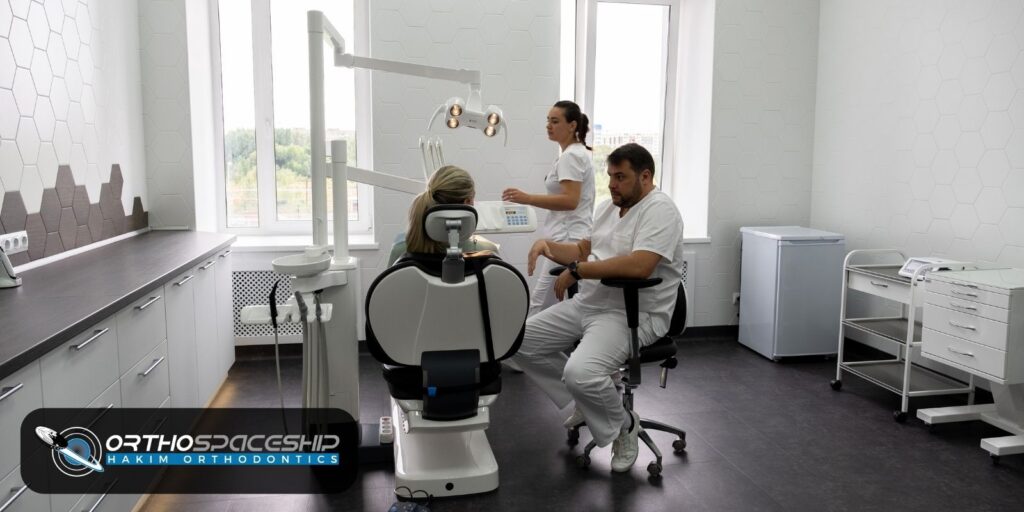
The length of orthodontic treatment can vary depending on the complexity of the case. On average, treatment can take anywhere from 4 to 5 years.
2. What are my treatment options?
There are several different types of braces and appliances available, including traditional metal braces, ceramic braces, and clear aligners such as Invisalign. Your orthodontist will discuss the treatment options that are available to you and help you determine the best course of action.
3. What is included in my treatment plan?
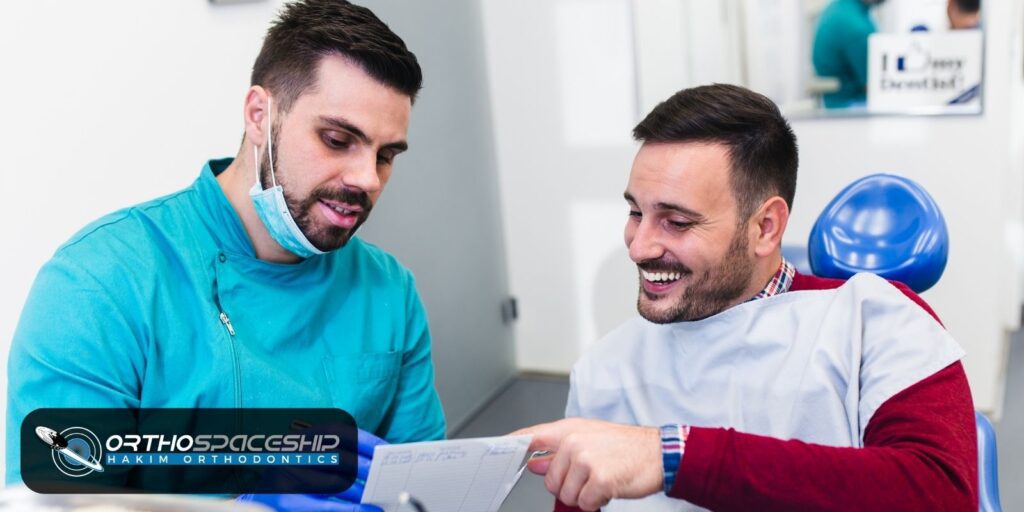
Your treatment plan will outline the steps that need to be taken to correct your dental issues and achieve a beautiful smile. Be sure to ask your orthodontist about what is included in your treatment plan so that you have a clear understanding of the process.
4. How much will braces cost, and does dental insurance cover orthodontic treatment?
Braces can be expensive, so it’s important to have a clear understanding of the cost upfront. Many dental insurance plans cover at least a portion of orthodontic treatment, so be sure to ask your insurance provider about your coverage. Some orthodontists also offer payment plans to help make treatment more affordable.
5. How can I take care of my braces or other orthodontic appliances?
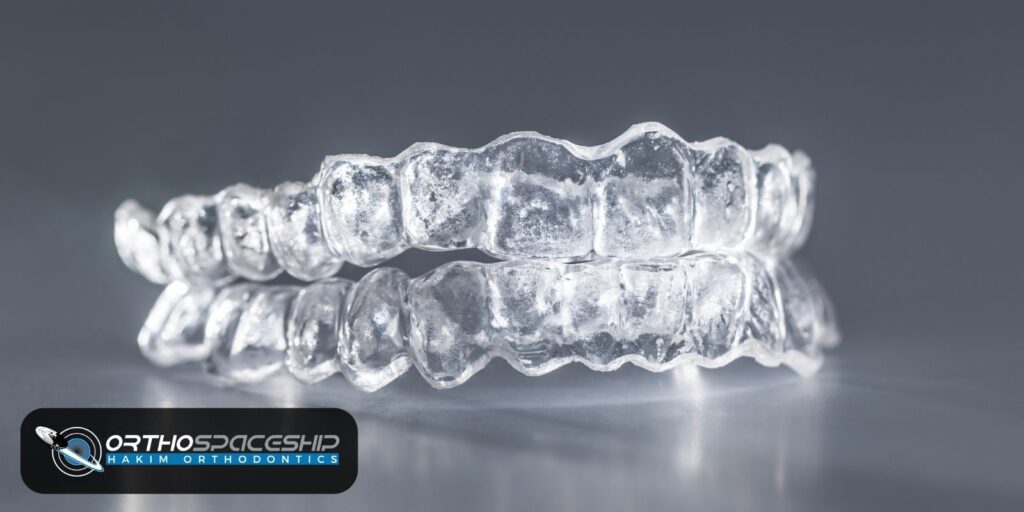
Proper care of your braces or other appliances is essential for the success of your treatment. Your orthodontist will provide you with instructions on how to care for your specific appliance, including how to brush and floss your teeth and what foods to avoid. Be sure to follow these instructions carefully to ensure the best possible outcome.
6. Are there any potential risks or complications associated with orthodontic treatment?
As with any medical treatment, there are potential risks and complications associated with orthodontic treatment. Be sure to discuss these with your orthodontist so that you can make an informed decision.
7. Will I need to have any teeth extracted as part of my treatment?
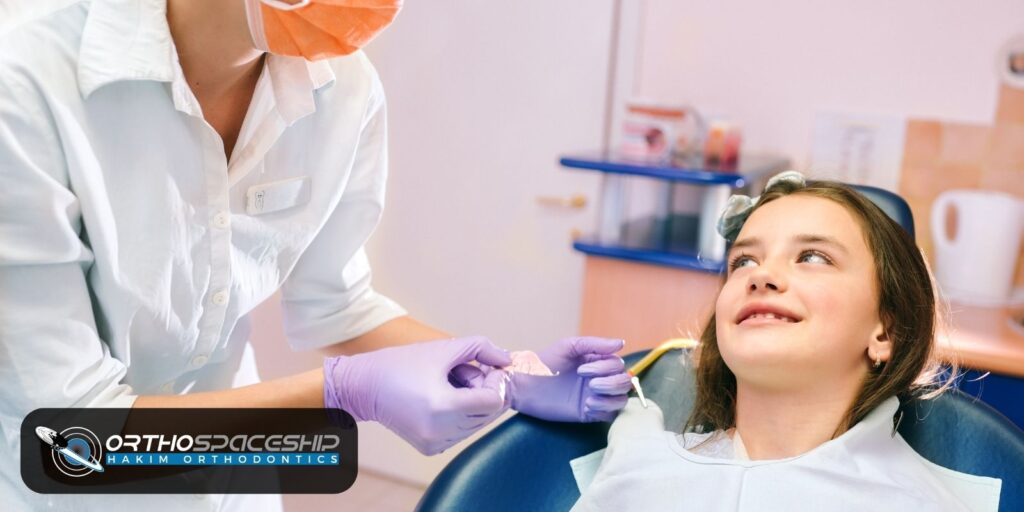
In some cases, tooth extractions may be necessary to create the necessary space for teeth to be properly aligned. If extractions are necessary, your orthodontist will discuss this with you in detail and provide you with information on the recovery process.
8. How can I manage any pain or discomfort during treatment?
It’s not uncommon for patients to experience some discomfort during orthodontic treatment, especially after adjustments. Your orthodontist can provide you with tips for managing this discomfort, such as taking over-the-counter pain medication or using wax to cover any sharp edges.
9. What should I do if my braces hurt?
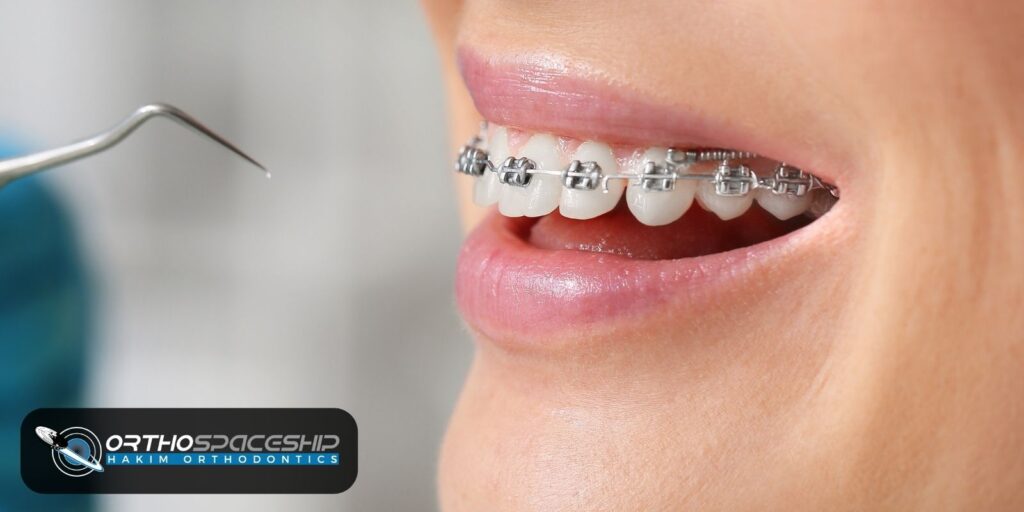
It’s normal to experience some discomfort after getting braces or when your orthodontist makes adjustments. However, if you are experiencing severe pain or discomfort, be sure to let your orthodontist know.
10. Is it a good idea to see more than one orthodontist before making a decision?
It can be helpful to get a second opinion before starting treatment, especially if you are considering a significant investment of time and money. Seeing more than one orthodontist can give you a better understanding of your treatment options and help you make an informed decision. After all, the last thing you want is to work with a bad orthodontist.
11. How will treatment affect my overall health?
Orthodontic treatment can have a positive impact on your overall health by correcting dental issues such as crooked teeth or misaligned jaws. Your orthodontist will be able to discuss the potential benefits of treatment with you in more detail.
12. Will I need to wear a retainer after my treatment is completed?
In most cases, patients are required to wear a retainer after their treatment is completed to help ensure that their teeth remain in their new position. The duration of time that you will need to wear a retainer will depend on your individual case. Your orthodontist will discuss this with you in detail and provide you with instructions on how to care for your retainer.
13. Can I still play sports while wearing braces?
Many patients are able to continue playing sports while wearing braces. However, it’s important to take precautions to protect your teeth and appliances. Your orthodontist can provide you with specific guidelines to follow.
14. What are the benefits of orthodontic treatment?
In addition to improving the appearance of your smile, orthodontic treatment can have a number of other benefits. Correcting dental issues can improve your overall health and self-esteem, and can even make it easier to clean your teeth and gums. Your orthodontist can discuss the potential benefits of treatment with you in more detail.
15. How do I know if I’m a good candidate for orthodontic treatment?
There are many factors that can affect your candidacy for orthodontic treatment, such as the severity of your dental issues and the overall health of your teeth and gums. Your orthodontist will be able to evaluate these factors during an initial consultation and determine whether orthodontic treatment is the right choice for you.
16. What happens during an initial consultation?
An initial consultation with an orthodontist typically involves a thorough examination of your teeth, gums, and jaws. This may include X-rays, photographs, and other diagnostic tests. Your orthodontist will use this information to develop a treatment plan tailored to your specific needs.
17. Can you provide me with before-and-after photos of patients who have undergone similar treatments?
Seeing the results of treatment on other patients can be helpful in understanding what to expect. Many orthodontists have before-and-after photos of their patients available for review.
18. How will treatment be customized for my individual needs?
Orthodontic treatment is not a one-size-fits-all solution. Your orthodontist will work with you to create a treatment plan that takes into account your specific needs and smile goals.
19. What additional costs should I be aware of?
In addition to the cost of braces or other appliances, there may be additional costs associated with orthodontic treatment. These could include the cost of X-rays, office visits, and any necessary tooth extractions. Be sure to ask your orthodontist about any additional costs so that you can plan accordingly.
Final Thoughts
It’s important to ask as many questions as you need to feel comfortable and informed before moving forward with treatment. Don’t be afraid to ask your orthodontist anything that is on your mind. It’s their job to answer your questions and help you feel confident in your decision to pursue orthodontic treatment.
